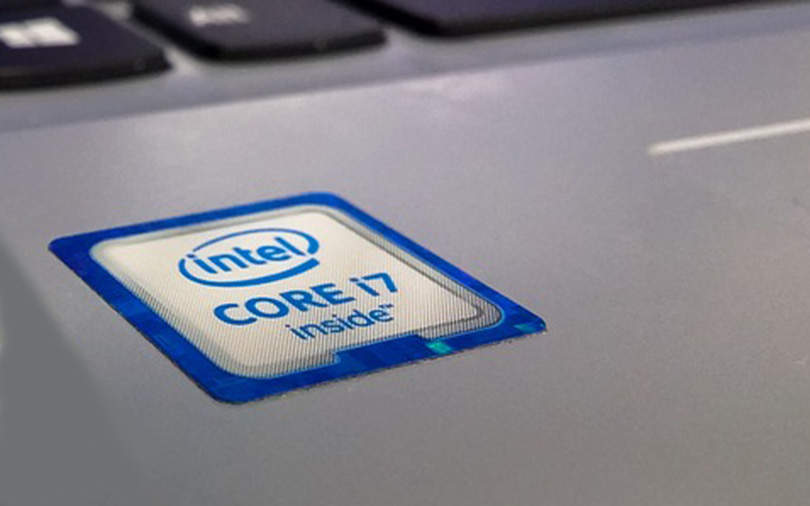
Intel opens 3 labs across globe to test and optimise laptop parts


Semiconductor giant Intel Corp. has expanded its Project Athena Open Labs, which was launched this year and originally designed to be a set of guidelines and standards for makers to follow in order to create next-gen laptops. As part of the expansion, the project will allow participation of not just laptop manufacturers, but also laptop component makers and vendors, which can test their parts at the three labs Intel is opening in Taipei (Taiwan), Shanghai (China) and Folsom (California).
These labs will support performance and low-power optimisation. Project Athena will be the first step in readying the next wave of Project Athena designs for 2020 and beyond, Intel said in a statement.
The labs will begin operations in June this year and will have Intel engineers with system-on-chip (SOC) and platform power optimisation expertise, working with other experts from the component manufacturers and designers.

“Each of us plays an important role in delivering the advanced laptops of today and the future. These labs are a critical step in enabling more extensive, day-to-day collaboration with the components ecosystem to continuously raise the bar for innovation across the platform,” said Josh Newman, vice-president and general manager of PC innovation segments and client computing group at Intel.
The programme is meant to expand the level of integration within the PC ecosystem, which in turn is expected to bring greater efficiency to the component selection process for original equipment manufacturers (OEMs). Intel said that this will enable a continuous cycle of tuning and testing based on real workloads and usage models.
Unlike Apple's controlled PC ecosystem, the Intel- and Microsoft-dominated larger Windows PC world is unorganised, with the software and hardware optimisations testing often being left to be done by hundreds of manufacturers in the ecosystem spread all over the world. This is similar to the Android ecosystem in the mobile world.

Intel said that Project Athena is rooted in extensive research to understand how people use their devices and the challenges they face. The company's engineers and social scientists have developed a set of predefined key experience requirements designed to enable new experiences and capitalise on next-generation technologies, such as 5G and artificial intelligence, across the full PC platform.
According to Intel, every component within a laptop affects the user experience, from power consumption to responsiveness and beyond. Enabling component vendor assessment, tuning and compliance at the labs will help drive consistency in delivering the best technologies without compromise, it said. Early alignment and enablement at the component level will also set a strong foundation for OEM design-readiness and implementation to help ensure systems meet Project Athena experience targets, it added.
